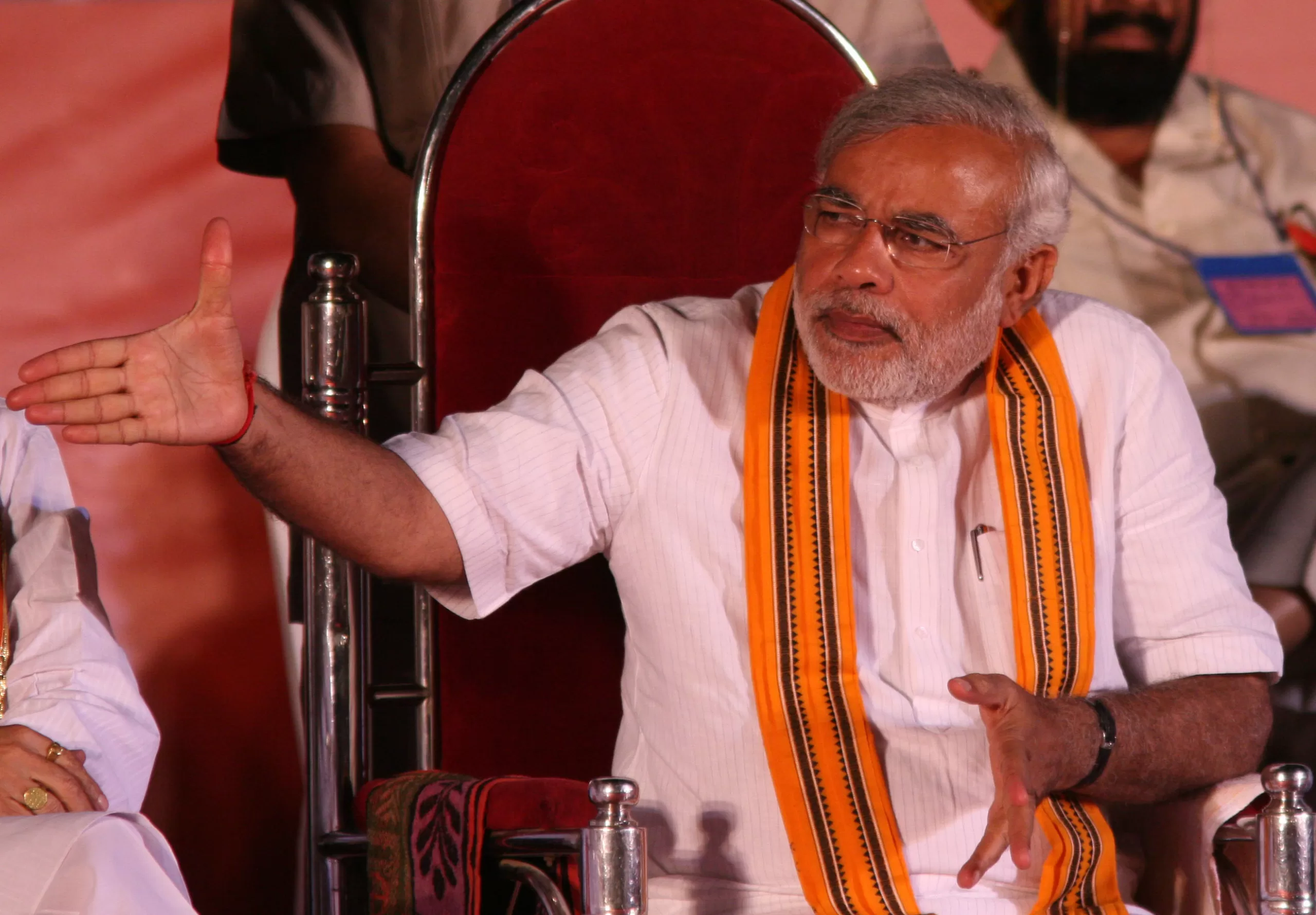
Chinese websites
In 2010 China shut down 1.3 million web sites with popular pages, such as Facebook, YouTube and Twitter, blocked. Three years later and China has employed over 2,000,000 people to monitor microblogging sites, a further clampdown on free speech in the country.
Having blocked major social media sites it’s not surprising that a large percentage of China’s hundreds of millions web users have turned to microblogging sites to offer up their opinions on society. Although the Beijing News stated that the monitors are not required to delete posts they view online they do gather data by searching for negative terms relating to their clients and compiling the information gathered into reports.
Weibo, China’s largest microblogging platform, has more than 500 million registered users who post 100 million messages daily. Postings on the website that criticise the Chinese government are often removed.
Global internet access
The internet is often taken for granted by those with regular and easy access to the online world. However, a staggering 4.6 billion people live without access to it; that’s around 68% of the global population. The number of internet users has grown by 566% since 2000 but considering the positive effects the internet can have on employment, communications and finances more of the world should have access to this valuable resource.
Africa has the poorest access to the internet; only 7% of total global internet usage comes out of the continent with, on average, 15.6% of the population using the internet.
YouTube
YouTube was bought by Google in 2006. Seven years later and localised versions of the video sharing site have been implemented in 56 countries, allowing for the content posted on to YouTube to be tailored specifically to the country it is serving. Although localising YouTube for specific countries can help with issues surrounding copyright, it also means that governments can block specific content from being uploaded and viewed on the website.
In Pakistan the online video sharing site has been banned since 2012. Google is looking to localise YouTube in the country, allowing the population access to the site, but only if the search engine makes it easier to block any blasphemous or objectionable content. Iran, Tajikistan and China are the only other countries with a block on YouTube.
India and the internet
India may be able to claim to be the world’s third largest internet user (behind the U.S and China) but that does not mean the country’s 74 million internet users have free access to the web. According to the Google Transparency Report, India leads the way in the number of take-down requests issued. Between July and December 2012 Indian authorities requested, without court orders, that 2,529 items be removed from the internet- a 90 percent increase from the first half of 2012.
In 2013 amendments were made to the Information Technology (Intermediaries Guidelines) Rules which stated, under Section 79 of the IT Act, that intermediaries had only 36 hours to respond to complaints or content deemed by regulators to be “grossly harmful” or “ethnically objectionable”. The clarification meant that this content does not have to be removed from the web, but failure to respond or acknowledge to the request within the short time frame, which does not take into account weekends or holidays, can result in a criminal procedure.
This article was posted on Jan 3 2013 at indexoncensorship.org




